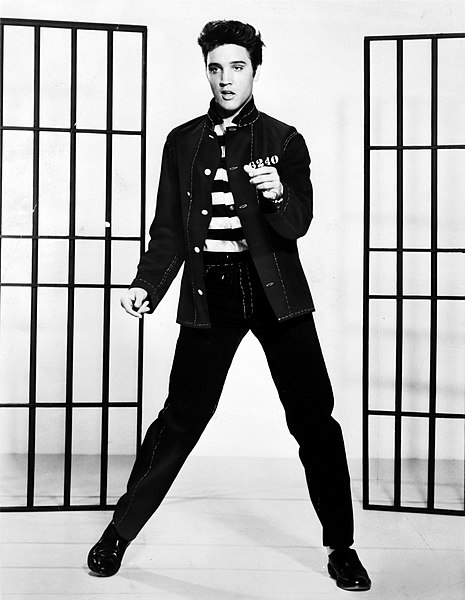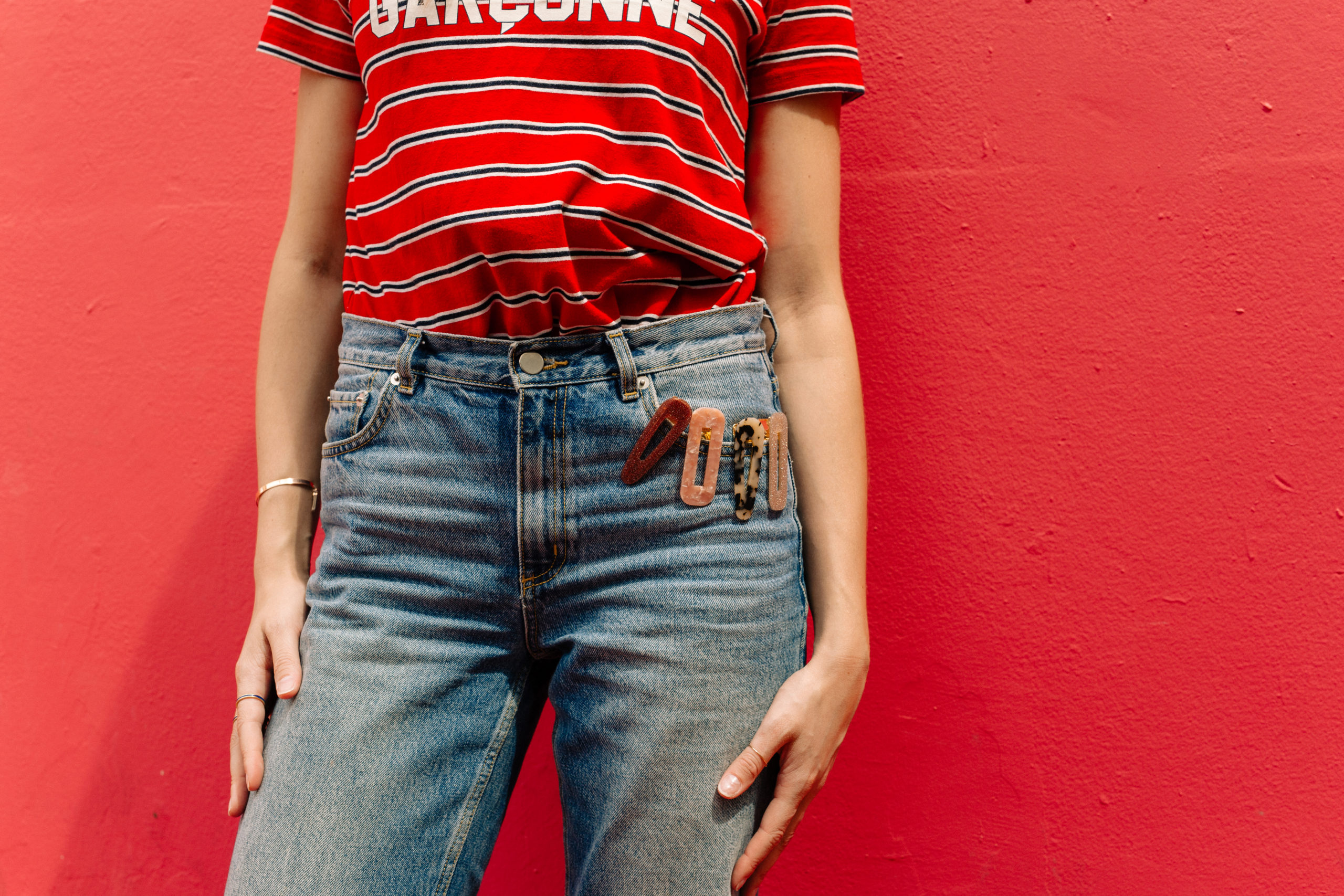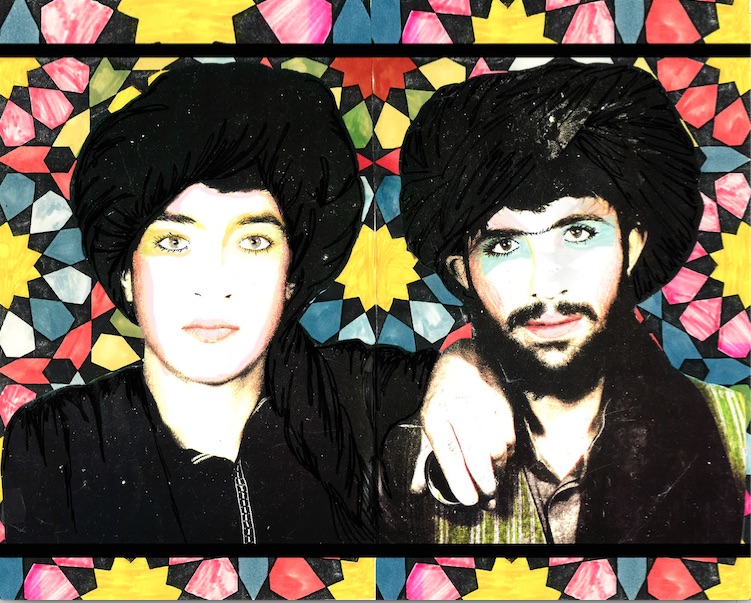
Since the release of “7 Rings” Ariana Grande has been under fire for the controversial issue of cultural appropriation, yet again. But are the claims really valid? Or is the feminist popstar merely appreciating and paying tribute to other cultures? The issue is nothing new as time and time again artists seem to draw attention to it as they walk on an already fragile line borrowing ideas from groups ethnically and racially different from them. There are key differences in defining what exactly these artists are doing.

Elvis Presley
Dubbed the “King of Rock-and- Roll” it’s clear Presley made his mark in music history. Some may refute this claim of Presley’s cultural appropriation since the style of music he was known for was influenced by the Black community. However, according to Newsweek, the relationship Presley had with the community was complex as his fame exploded during a time of activism opposing racial segregation in the American south.
“Rock ‘n’ roll was here a long time before I came along. Nobody can sing that kind of music like coloured people.” said Presley in an interview with a reporter in Little Rock. While Presley paid tribute to the community and exposed mainstream music to what they called at the time “black music”, Presley reaped the benefits with the communities whose ideas he was influenced by.

Bruno Mars
After the release of Bruno Mars’ song “24K Magic” he was accused of culturally appropriating black culture, according to CNN. With funk, rhythm and blues sounding pop songs, Mars has approached these claims differently than others.
“Being Puerto Rican, even salsa music stems back to the Motherland [Africa]. So, in my world, black music means everything,” said Mars in an interview. He knows the history and is paying tribute to his inspirations. While it is a difficult stance to take as an artist making profit, some find it is enough to simply acknowledge the privilege and origin behind the music.
https://www.instagram.com/p/BvHmrw8ASME/
Iggy Azalea
The case with Azalea highlights the controversy of the issue in a nutshell. Azalea’s fame rose when her song “Fancy” hit the charts, but struck a nerve in the heart of hip-hop. According to the Daily Beast, the problem with Azalea is how she gets to profit off of her “white appeal” all while simultaneously selling a black sound. Azalea does not feel the pressures faced by the culture she is appropriating. She makes a career and luxury out of appropriating blackness when she feels like it or doesn’t. Her latest track is “Sally Walker” but the appeal is more purely understood from perspective of the Azalean fans.
https://www.instagram.com/p/BsEx5cWhsVn/
Miley Cyrus
Miley Cyrus’s twerking on MTV’s 2013 Video Music Awards was crazy highlight one can unsee. Prior to the incident, Cyrus was transitioning from her Disney image to a new alternative Miley. Her music changed, and was stylized according to the stereotypical hip hop scene of materialism, this, of course, included and applied to her image as well. The star has resisted accusations of using appropriation of black culture to launch her career, a point of view unpacked by the Irish Times. As Cyrus transitioned back to her country roots – which some were thankful for – it seemed to be a form of “purification” from the hip hop or “blackness” that led her “astray.” She was a success, but did not have to face the societal struggles of artists who founded the genre and crafted it to become the mainstream phenomenon it is today.
Justin Bieber
Looking at this in a genre outside of hip hop, popstar Justin Bieber was flagged for appropriation as well in his feature in the hit song “Despacito.” According to the Daily Californian, Bieber’s version of the song charted higher, despite being rendered to English and stripping the original meaning of the song of its origins. It’s clear it was created for mass appeal and maximizing profits rather than sharing cultural understanding and unity.
Ariana Grande
Some remember Ariana Grande when she was a pale red-dyed-haired character off of the show Victorious. She is considered the most successful from the cast and the most changed. Now tanned and sporting a new style, extensions, a “blaccent” and new music, some might even say Grande is “wearing culture as a costume” according to the Atlantic. After listening to “7 rings” one might be able to disseminate certain parts of the song that make you wonder things like why Grande just bought her hair or how she was able to come up with the flex song. So while fans are quick to defend their idol, others only want to point out that they call these artists out to hold them accountable for their actions especially to the affected community.
Appropriation has gone a long way in music history, but it isn’t over. While these weren’t all of the examples, they were a few highlights that spiked everyone’s attention. I remember watching a Netflix Original film, Step Sisters, and perking up as the character Jamilah makes an outburst exclaiming, “Races can’t own things!” when her sorority sister tries to grill her for trying to defend why a white sorority is trying out step dancing. She was trying to share something from their culture to this ethnically different group. The two eventually reached a mutual understanding that something was learned from both groups and it made me wonder if it was possible for groups to share an idea or custom without worrying about the other “stealing” it.
The problem wasn’t what was being shared when it came to music; it was the profits and continual disparity. How can we share our craft in a Capitalist society? Better yet, how can music be shared and be about making music if we’re so worried about the pressures of audience appeal? If our best work came from the people before us, we should respect their work and truly honor them by remembering where it came from.






